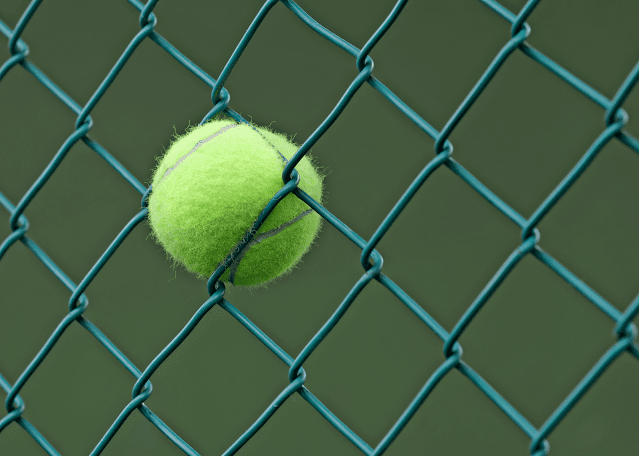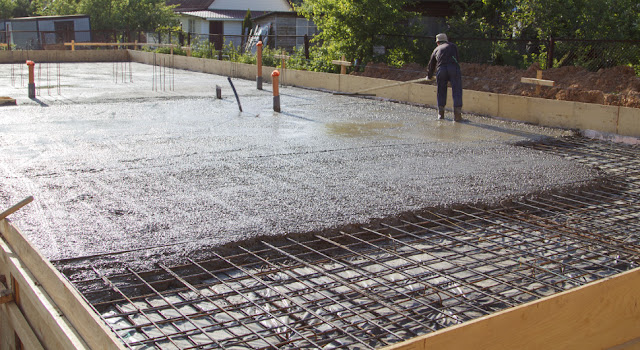Tips on buying and installing shade nets for farming
Shade nets play a crucial role in safeguarding crops from
adverse weather conditions, pests, and excessive sunlight. They provide shade,
regulate temperature, and maintain optimal humidity levels for healthy plant
growth. If you're planning to purchase and install shade nets for farming, it's
important to keep a few key tips in mind to maximize their effectiveness.
Assess your requirements:
Determine your specific farming needs, considering the crop types and prevalent environmental conditions in your area. This assessment will help you choose the most suitable shade net.
Select the right material:
Shade nets are available in various materials like polyethylene, polyester, and synthetic fabrics. The choice depends on factors such as durability, strength, and UV resistance. Polyethylene is commonly used due to its affordability and good UV resistance. YKM Fence offers a range of shade nets, including commercial 95 shade net, green net shade, and waterproof shade net suitable for all weather conditions.
Determine shade percentage:
Shade nets come in different shade percentages, indicating the amount of light blocked. The choice of shade percentage depends on the light requirements of your crops. For instance, crops needing full sunlight, like tomatoes and cucumbers, may require a lower shade percentage, while those requiring partial shade, like lettuce and spinach, may need a higher shade percentage. YKM Greenhouse shade net are mostly used for greenhouse shade net across middle east.
Consider wind load:
Shade nets are exposed to wind pressure, which can cause damage if not properly installed. When purchasing and installing shade nets, take into account the wind load in your area and select a net capable of withstanding the wind pressure. Nets with higher wind load capacities offer better crop protection, although they may be more expensive.
Engage a professional installer:
Installing shade nets for farming can be complex and time-consuming. It's advisable to hire a professional installer experienced in agricultural shade net installation. They will ensure proper installation and secure attachment, reducing the risk of crop damage.
Regular maintenance:
To prolong the lifespan and effectiveness of your shade nets, regular maintenance is crucial. Inspect the net frequently for damage and promptly repair any tears or holes. Regular cleaning is also essential to prevent the accumulation of debris and dirt that can hinder its functionality.
In conclusion, purchasing and installing shade nets for farming requires careful consideration of your specific requirements, material selection, shade percentage, wind load, and professional installation. By following these tips and conducting regular maintenance, you can ensure your crops are protected and thrive in a safe and conducive environment.




Comments
Post a Comment